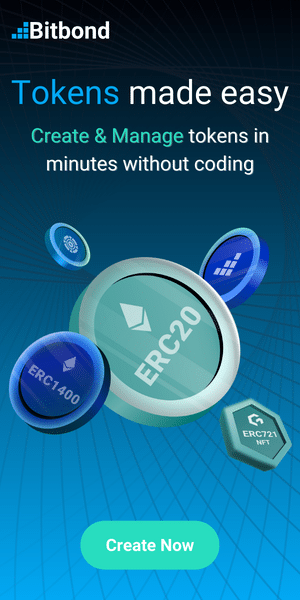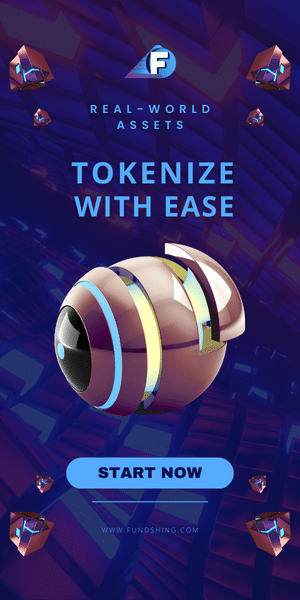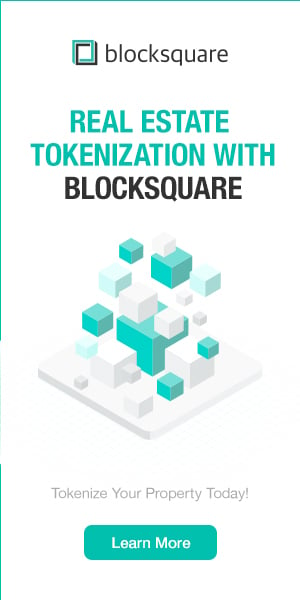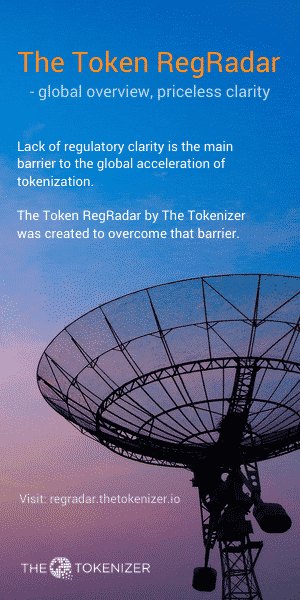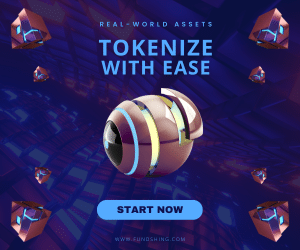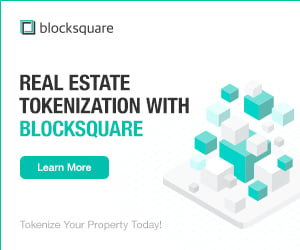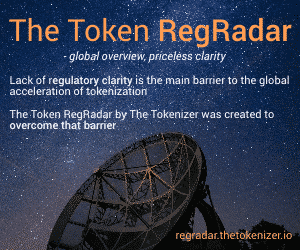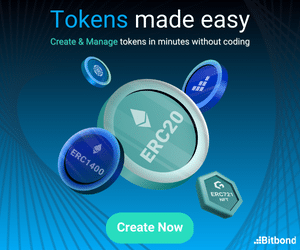The Token RegRadar: Next-generation AI-based legal support
We recently released the our second edition of the annual ‘Who’s Who Guide’ for 2024, a comprehensive report aiming to map out the entire real world asset tokenization ecosystem. The 2024 edition lists all they key categories of players in the industry while taking notice of the recent trend of institutional adoption, additionally the report includes various articles diving into prominent topics in the space and we’d like to share those with you. You can view the entire report and download your free copy here.
You probably know The Tokenizer as the leading media platform for the tokenization industry. But The Tokenizer also provides tokenization consultancy, publishes expert and industry reports (like this Who’s Who Guide), and delivers an AI-based legal platform called The Token RegRadar. And the AI service is the topic of this interview with The Tokenizer’s co-founder and CEO, Michael Juul Rugaard.
The journey for The Token RegRadar began with an ambitious goal: create a tool that could effortlessly scan and interpret regulation and regulatory changes within the token economy across jurisdictions worldwide. Early on, the Tokenizer team recognised the need for clarity in the rapidly evolving tokenization sector and devoted three years to building a comprehensive, domain-specific database. This massive collection of carefully curated legal information laid the groundwork for what would become a revolutionary regulatory AI tool for all professionals in the token economy.
Arnaldur Skorri Jónsson (ASJ): How did you get the idea for this regulatory tool?
Michael Juul Rugaard (MJR): Well, the idea goes back to 2019, shortly after the launch of The Tokenizer. I had spent quite some time trying to understand the legal implications of issuing tokens that weren’t just utility tokens but actual securities, and I wanted to establish an overview of the compliance requirements across borders for asset owners who wanted to tokenize an asset and offer their tokens to buyers across several jurisdictions. Ideally, you would probably want to be able to sell your security tokens worldwide; why not?
ASJ: Yes, of course, blockchain is global, right
MJR: Exactly, but we realised that since laws and regulations are not global but typically differ quite a lot from jurisdiction to jurisdiction, establishing this cross-border compliance overview was a significant challenge. On top of that, you should consider that in many jurisdictions, there were no regulations at all within this field, AND also that regulations tend to be amended regularly, especially within new and constantly fluctuating areas like the token economy. All of this led to the conclusion that we needed a tool to help establish this overview, and when I – to my surprise – couldn’t find it anywhere, the next thought was that perhaps we could build it – even though we weren’t a law firm.
ASJ: So you decided to build a global regulatory and legal database from scratch and make it into a regulatory radar that could scan jurisdictions worldwide and deliver updated data to professionals in the asset tokenization market. Wasn’t that a massive task for a startup like The Tokenizer?
MJR: Yes, you are right, and had I known how time consuming it would be to collect all the data needed and to structure the database and make everything work, I would never have done it – so, luckily, we didn’t know, we just started doing it! But now that we have The Token RegRadar, I don’t regret the endless numbers of hours over the last three years that we have put into this. Firstly, it has become a fantastic tool. Secondly, for us as a company, building The Token RegRadar has opened many doors and given us an insight into the regulatory aspect of the entire token economy worldwide that we would only have had with this ambitious and sometimes pretty troublesome task. I will probably never again build a database of this size, but I am happy we did it.
ASJ: But wasn’t it a problem that you were not a lawyer yourself and that The Tokenizer was not a law firm to begin with?
MJR: That’s an excellent and fair question, but sometimes you must watch things from a distance to spot what’s missing. We understood the challenge of lack of regulatory clarity very early because we, as non-lawyers, were forced to find our own way through the jungle – and experienced how complex things were on our bodies. And that fostered the idea for the regulatory radar. But that said, we have had legal professionals in our team working on this project for a long time, and we have received lots of help and input from our substantial network of lawyers from around the world.
ASJ: You claim that The Token RegRadar’s RegGPT is the world’s first regulatory AI GPT to focus on asset tokenization and the token economy, but when did the AI part come into the picture? There was no such thing as GPTs in 2019.
MJR: You are right. When we started building the database, AI was not part of the scope, but we knew we needed a way to utilise the data intelligently. However, as soon as the firstGPTs came along, we realised this was the ideal technology because it would bring the data to life, make it interactive, and give us a perfect user interface.
ASJ: Did you have any hesitation about trusting AI?
MJR: Yes, absolutely. We knew about the AI hallucination problems with the big general-purpose GPT, and we realised that AI hallucination could not be allowed for our purpose when working with regulatory and legal data. We carefully looked for an AI partner focusing on avoiding hallucinations, and we found the Boston-based company CustomGPT. Besides that, since we have built our own curated database, we didn’t need to base our output/answer on data from any of the general-purpose GPTs; we could fence our GPT and only use curated, high-quality data, which is what we do to secure outputs and make them as trustworthy and accurate as possible.
ASJ: Are they 100% accurate?
MJR: I will not claim 100% perfection here, but people should try it out themselves, and I trust they will be amazed by the level of quality. But again, you always need to stay critical and aware when using AI.
ASJ: Is The Token RegRadar only for lawyers and law firms
MJR: No, The Token RegRadar is a tool from which law firms and many other industry professionals in our space will benefit greatly. It can help you with almost any digital asset and asset tokenisation question. And it doesn’t just skim over the surface but really goes deep if you ask. You can use it for any regulatory questions, but you can also ask it to help you plan, for instance, for the process of tokenizing particular asset classes in specific jurisdictions.
ASJ: Do you see The Token RegRadar as a kind of digital AI lawyer competing with real lawyers?
MJR: I don’t think so, and let me underline that our tool does not offer legal opinions. It’s an information tool, not an AI lawyer. However, there will be many incidents in which our tool will serve as the perfect way to start a process and a very inexpensive way to get an indication of the legal implications of a particular case before you ask your lawyer to deliver a final legal opinion.
For lawyers, the tool is an easy and time-saving way to collect data about a wide variety of topics across jurisdictions that you might not be 100% familiar with – and within the world of tokens, lawyers often need to collect data from several jurisdictions when assisting clients. The Token RegRadar is ideal for that purpose.
Read other stories: Navigating the Evolving Landscape of Digital Asset Regulation in the USA: 2024 Update









